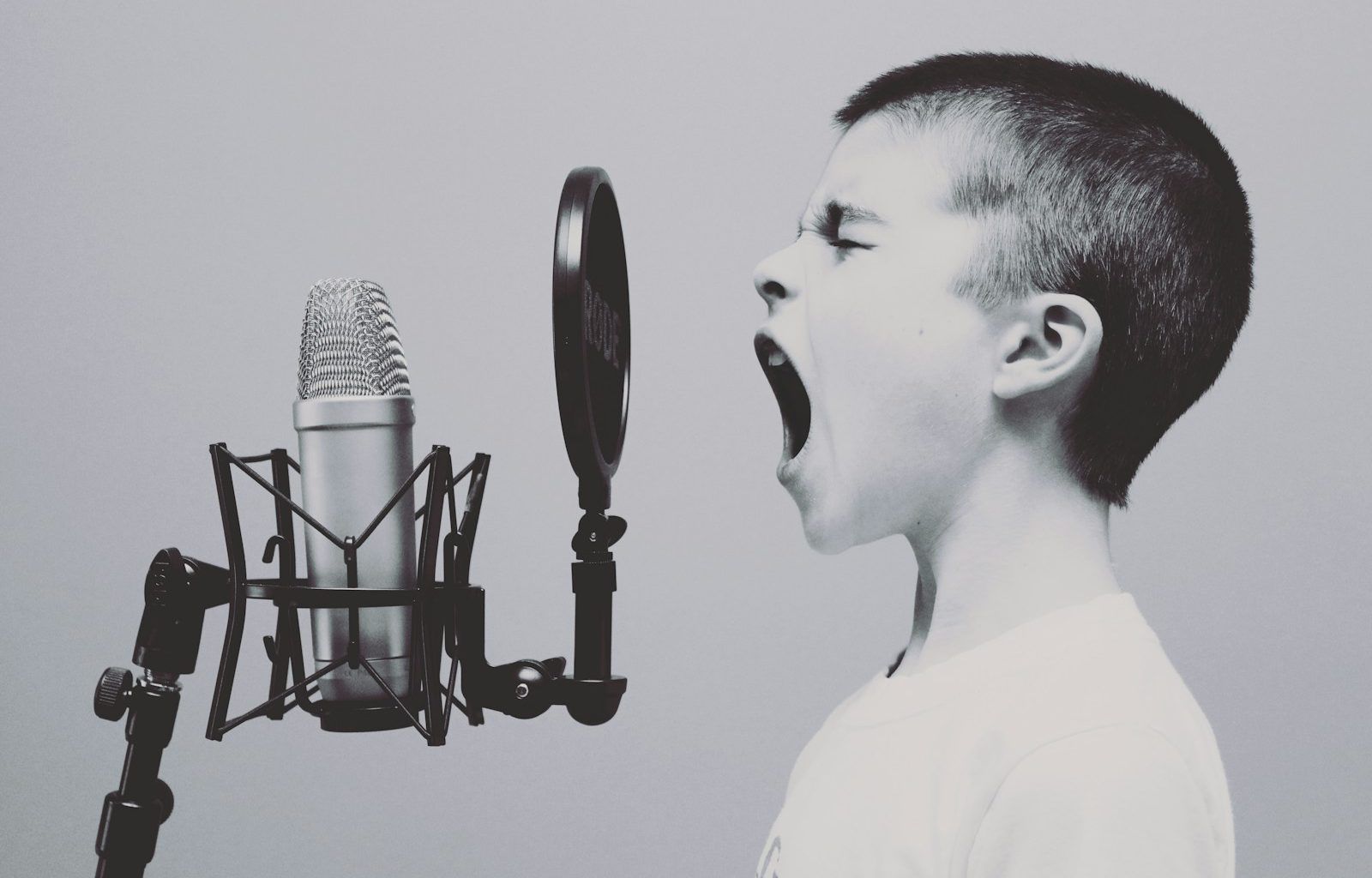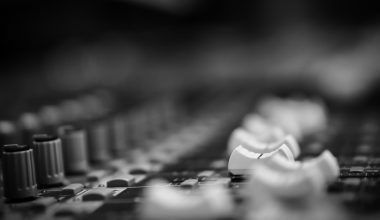If you’re into music, you’ve probably come across the terms “EP” and “album”. While they’re both ways to release music, they’re not the same. You might be wondering, what’s the difference between an EP and an album? Let’s dive in and break it down step by step.
What Is an EP?
First things first, let’s talk about EPs. EP stands for “Extended Play.” It’s a music release that’s longer than a single but shorter than a full-length album. Think of it as a middle ground between the two. Usually, an EP has about three to five tracks and lasts around 15 to 30 minutes. It’s perfect for when artists want to give you a taste of their music without going all out.
EPs are super versatile. Artists use them to introduce themselves, experiment with new sounds, or even keep fans engaged between full album releases. For new musicians, an EP is often a stepping stone. It’s less risky and less expensive than creating a full album. Plus, it’s a quicker way to get music out there.
What Is an Album?
Now, let’s talk about albums. An album is a bigger, more comprehensive collection of songs. Typically, albums have anywhere from eight to 15 tracks and can last anywhere from 30 minutes to over an hour. Albums are often seen as a major artistic statement. They tell a story, explore themes, or showcase an artist’s versatility.
For many musicians, releasing an album is a milestone. It’s a way to cement their place in the music world. Albums require more time, effort, and resources to create. But they also offer artists a bigger canvas to express themselves. Whether it’s a concept album that tells a story or a collection of hits, albums are designed to leave a lasting impact.
How Do EPs and Albums Differ?
Now that you know what an EP and an album are, let’s get into the nitty-gritty of how they differ. One of the most obvious differences is length. EPs are shorter and more concise, while albums are longer and more detailed.
Another key difference is the purpose. EPs are often used for experimentation or as a teaser for what’s to come. Albums, on the other hand, are usually more polished and cohesive. They’re meant to make a big splash and often come with a bigger promotional push.
Budget is another factor. EPs are generally cheaper to produce because they have fewer songs. This makes them a great choice for up-and-coming artists. Albums, however, often involve higher production costs, but they also have the potential for bigger rewards.
Why Do Artists Choose EPs Over Albums?
There are a lot of reasons why artists might go for an EP instead of an album. For starters, EPs are faster to produce. If an artist has a few songs they’re excited about, they can release them as an EP rather than waiting to finish an entire album.
EPs are also a great way to test the waters. Maybe an artist wants to try a new style or collaborate with someone new. Releasing an EP lets them experiment without committing to a full album. It’s also a way to keep fans interested while working on a bigger project.
And let’s not forget about new artists. If you’re just starting out, creating an EP can be a smart move. It’s less expensive and gives you something to share with potential fans and industry professionals. It’s like saying, “Hey, here’s what I can do. Want to hear more?”
Why Are Albums Still Important?
While EPs have their perks, albums hold a special place in the music world. They’re seen as a major achievement and often mark key moments in an artist’s career. Albums allow for deeper storytelling and give listeners a more immersive experience.
Think about some of the most iconic albums in history. They’re not just collections of songs; they’re journeys. Albums like Michael Jackson’s Thriller or Adele’s 21 didn’t just dominate the charts—they defined eras. Albums have a way of sticking with you and becoming a part of your life.
How Streaming Has Changed the Game
In the age of streaming, the line between EPs and albums has started to blur. Platforms like Spotify and Apple Music make it easy for artists to release music in any format they choose. Some artists even release “mini-albums,” which are longer than an EP but shorter than a traditional album.
Streaming has also shifted the focus from albums to individual tracks. Many listeners create their own playlists rather than listening to a full album from start to finish. This has made EPs even more appealing. They’re quick to listen to and easy to add to playlists.
But that doesn’t mean albums are going anywhere. For many fans, there’s still something special about sitting down and listening to an album from start to finish. It’s like reading a book or watching a movie—a complete experience.
EPs vs. Albums: Which One Is Right for You?
If you’re an artist trying to decide between an EP and an album, think about your goals. Are you just starting out and want to share your music without breaking the bank? An EP might be the way to go. Do you have a big story to tell or a collection of songs that fit together perfectly? Then an album might be your best bet.
Also, consider your audience. What do they want from you? If you’re an established artist with a loyal fanbase, they might be eagerly waiting for a full album. If you’re new or trying something different, an EP could be a great way to keep them interested.
Final Thoughts
So, what’s the difference between an EP and an album? In short, it’s all about length, purpose, and scale. EPs are shorter and more flexible, while albums are longer and more ambitious. Both have their place in the music world, and both offer unique opportunities for artists and listeners alike.
Whether you’re creating music or just enjoying it, understanding the difference between an EP and an album can help you appreciate the artistry behind each release. So the next time you hit play, take a moment to think about the work that went into what you’re listening to. After all, music is about more than just the notes—it’s about the journey.
For further reading, explore these related articles:
For additional resources on music marketing and distribution, visit DMT Records Private Limited.






